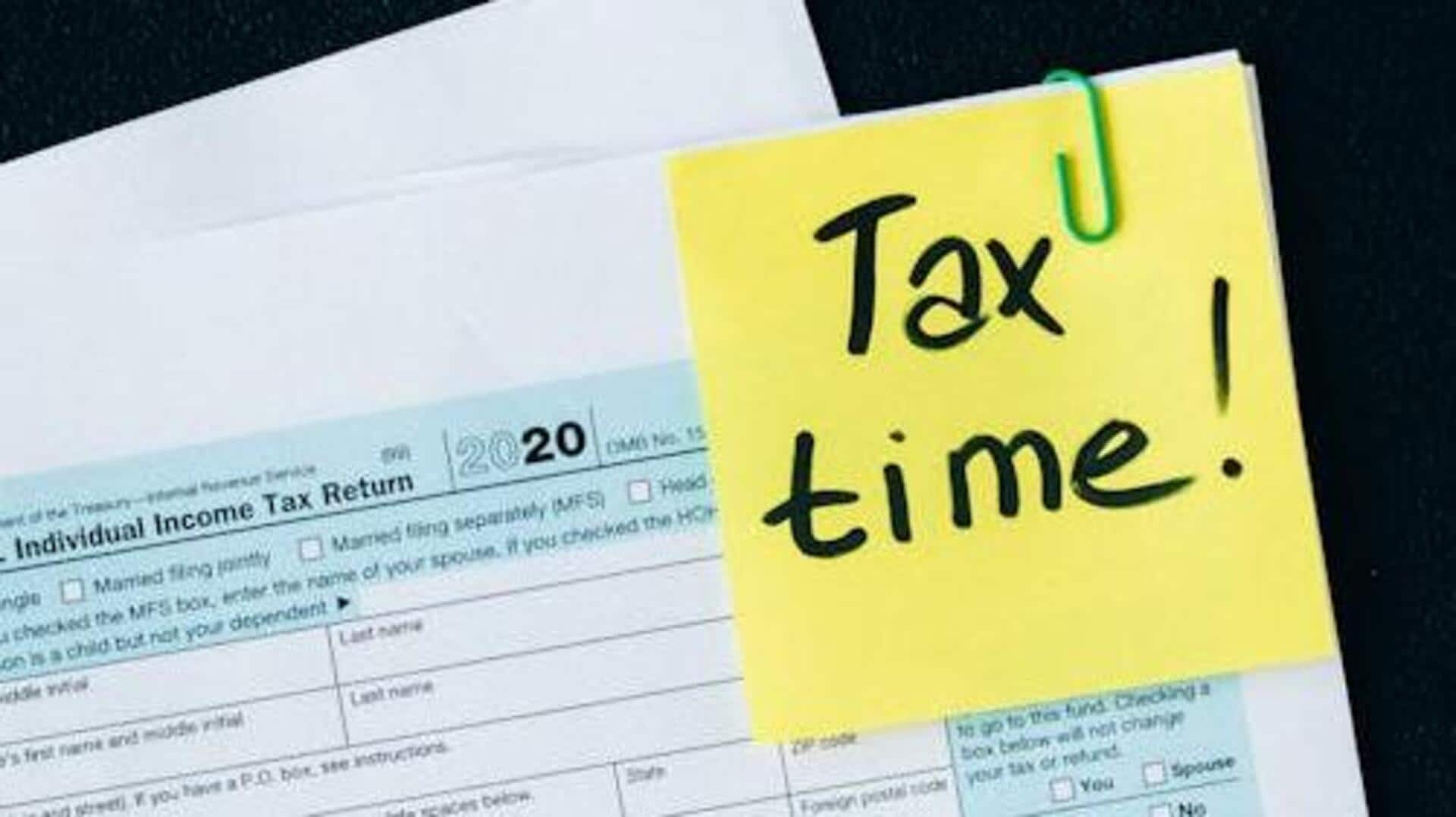
Understanding medical expenses tax benefits in India
What's the story
Decoding the Income Tax Act of India for medical expense tax benefits can be a headache.
This article demystifies and focuses on the crucial sections that offer deductions, empowering individuals to claim these benefits with confidence.
It covers everything from health insurance premium deductions to critical illness benefits, potentially paving the way for significant tax savings.
Section 80D
Health insurance premium deduction
Under Section 80D of the Income Tax Act, you can claim a deduction of up to ₹25,000 on health insurance premiums paid for yourself, your spouse, and dependent children.
If you/your spouse are a senior citizen, the limit is increased to ₹50,000.
And, if you are paying premiums for your parents who are senior citizens, you can claim an additional deduction of up to ₹50,000.
Section 80DDB
Deduction for treatment of serious illnesses
Section 80DDB enables individuals to claim a deduction for the medical treatment of specified diseases or ailments as prescribed in Rule 11DD.
The maximum deduction limit under this section is up to ₹40,000 for individuals below 60 years and up to ₹100,000 for senior citizens.
This benefit applies to a broad category of severe illnesses, encompassing neurological diseases, malignancies (cancer), AIDS, and renal failure.
Preventive care
Benefits on preventive health check-ups
One significant but frequently missed opportunity under Section 80D is the ability for taxpayers to claim deductions up to ₹5,000 on expenses incurred for preventive health check-ups.
This deduction is included within the overall limit and is not limited to the individual taxpayer only.
It applies to family members, including the spouse, parents, and dependent children, providing a wider opportunity for tax savings.
Medical allowance
Exemption on allowance received from employer
Salaried employees who get a medical allowance from their employer can claim an exemption of up to ₹15,000 per year.
This exemption is based on the submission of actual medical bills or receipts. These documents are proof of the expenses you incurred for medical treatment.
It is important for employees to keep and submit these records to claim the tax benefit and stay compliant with tax laws.
Additional benefit
Deductions under National Pension System (NPS)
Although it doesn't pertain to medical expenditures or insurance premiums paid by an individual taxpayer from their pocket, contributing to NPS qualifies for an additional deduction under Section 80CCD(1B) beyond the limit provided under Section 80C/CCC/CCD(1).
This extra deduction, limited to ₹50,000 per year, can indirectly assist with long-term healthcare needs by accumulating a significant retirement corpus.